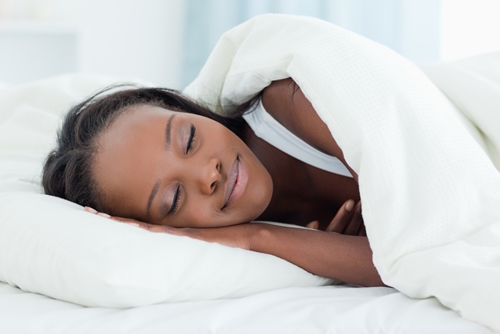
Exercise leads to better sleep
If you're having trouble dozing off and aren't a fan of sleeping pills, you may want to turn to your TRUE Fitness treadmill or elliptical to integrate some exercise into your daily routine.
According to a poll from the National Sleep Foundation (NSF), self-described exercisers reported better sleep than those who said they do not exercise, even though both groups slept an average of six hours and 51 minutes on weeknights. This was true whether the respondent was a vigorous, moderate or light exerciser.
"If you are inactive, adding a 10 minute walk every day could improve your likelihood of a good night's sleep," Dr. Mark Hirshkowitz, poll task force chair, said in a statement. "Making this small change and gradually working your way up to more intense activities like running or swimming could help you sleep better."
According to the NSF, 24 percent of non-exercisers qualified as sleepy and were in that state twice as often as those who exercise. Results from the poll also indicate that sleepiness can interfere with quality of life: 14 percent of non-exercisers reported having trouble staying awake while performing activities such as driving and eating.
Conversely, vigorous exercisers, which the NSF defined as those who participate in hard physical activities such as running, cycling or swimming, were nearly twice as likely as non-exercisers to report having a good night's sleep. They were also the least likely to report any sleep problems at all, which may also contribute to better overall health.
"Poor sleep might lead to negative health partly because it makes people less inclined to exercise," Dr. Shawn Youngstedt, poll task force member, said in a statement.
Even those who don't consider themselves vigorous exercisers can use TRUE Fitness equipment to maximize their potential for a good night's sleep. According to the NSFl, you can exercise at any time of the day to improve your sleeping habits.
Above all, it's important to minimize the amount of time you spend sitting every day. Spending less than eight hours per day sitting down will make it significantly more likely that you have a good night's sleep, according to the poll. If you absolutely can't avoid sitting at the office, take a walk over your lunch hour or spend some time on your home elliptical machine after work.
